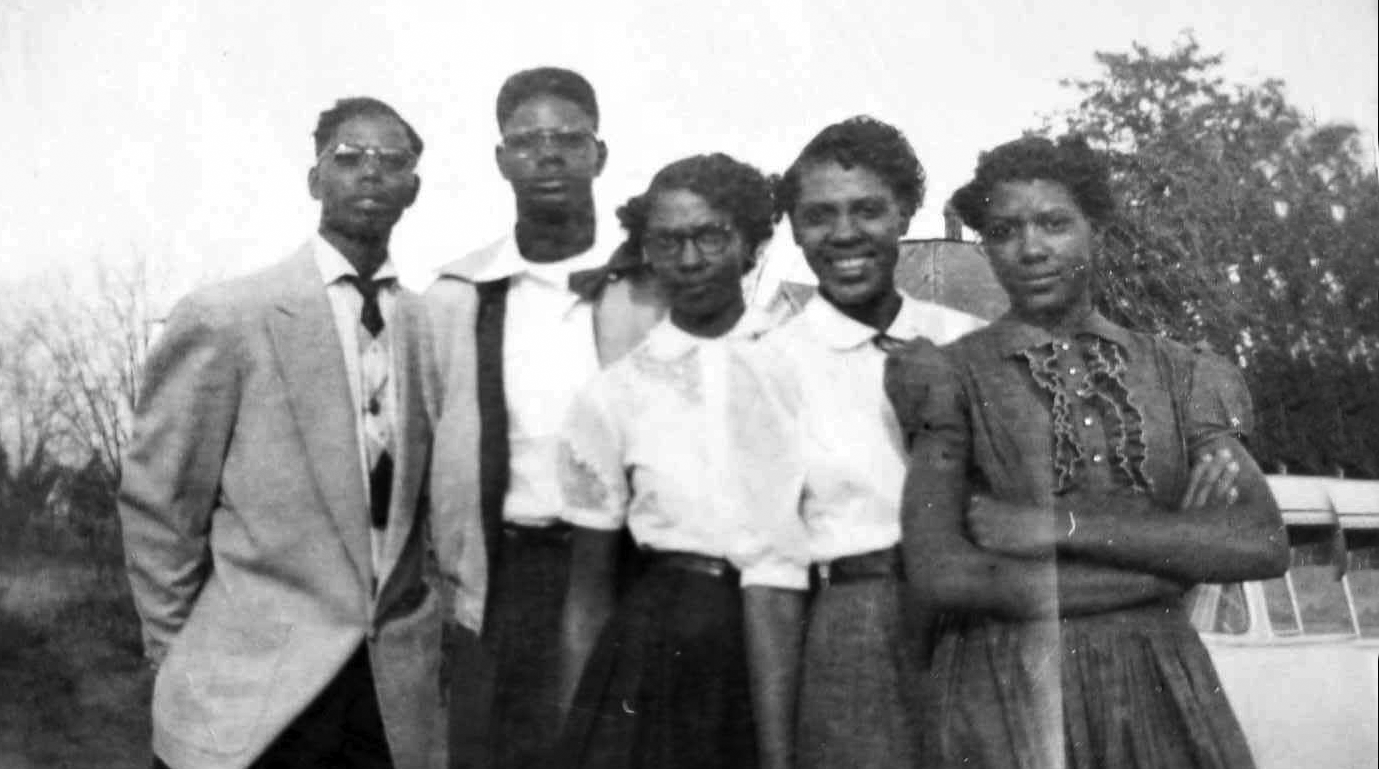On Thursday June 17th, 2021, President Biden signed a bill that acknowledges Juneteenth as a federal holiday. This is a monumental moment for recognition of African American history, culture, and progress in the national public sphere.
Over time, Juneteenth has been known by many other names, including Emancipation Day, Freedom Day, or Jubilee Day. No matter its name, the holiday commemorates the day that the last enslaved African Americans in Galveston, Texas were finally able to claim freedom from illegal chattel slavery. Although the Emancipation Proclamation took effect at midnight on January 1st, 1863, the law was not enforced throughout the Confederate states until June 19th, 1865.
 While Juneteenth is a day of celebration, it is also a reminder that freedom and equality for formerly enslaved African Americans was not fully realized at that moment. Journalist Robin Washington reflects: “The bittersweet part is, while I revel in the liberation story and the actual liberation, I am saddened by the whole idea that any human being would continue to illegally hold any other human being in bondage beyond any reasonable time necessary.”
While Juneteenth is a day of celebration, it is also a reminder that freedom and equality for formerly enslaved African Americans was not fully realized at that moment. Journalist Robin Washington reflects: “The bittersweet part is, while I revel in the liberation story and the actual liberation, I am saddened by the whole idea that any human being would continue to illegally hold any other human being in bondage beyond any reasonable time necessary.”
Not all Black Americans celebrate Juneteenth. For those who do celebrate the holiday, Juneteenth allows Black people to explore identities that were stolen and hidden and allows them to create new traditions that highlight the vibrance and struggles many Black people are still facing today.
Freedom from chattel slavery did not grant Black people full freedom in the United states. Emancipation was met with violent opposition and regressive law codes to ensure Black Americans a subservient status in American society.
The Civil Rights Movement and subsequent movements for Black liberation continue to challange and change the legalized forms of discrimination and the legacy of oppression and inequality that continue to this day.
As Jews, we know the value of marking the end of slavery. We do so yearly at Passover. While Juneteenth is a similar marker of resilience, joy and remembrance, we must remember that freedom for African Americans in America was not fully achieved by this monumental moment.
At both holidays, people come together, share food, sing songs, and recall hard truths. The songs have symbolic meanings that give shape to the memory, sacrifices and resilience of our ancestors. We connect past and present and inspire us to give thanks for what we have and what we must do to continue to work towards change.
As a multicultural Jewish community that includes Black and Brown American Jews, we must acknowledge those in our community that carry with them both of these memories.
“Today as Americans, and more specifically as Black Americans, we should all be blessed to honor and commemorate this phase of American history and hope that we can continue the important work today,” says Rabbi Isaiah Rothstein, “so that we can continue to help those still seeking full freedom in all forms.”
As Jews raising our awareness of the depth of our multicultural experiences, Juneteenth can help us refocus our attention on doing much needed work to ensure a future that includes freedom, equality, and justice for all, which is inseparable from the principle of Tikkun Olam (repairing the world).








